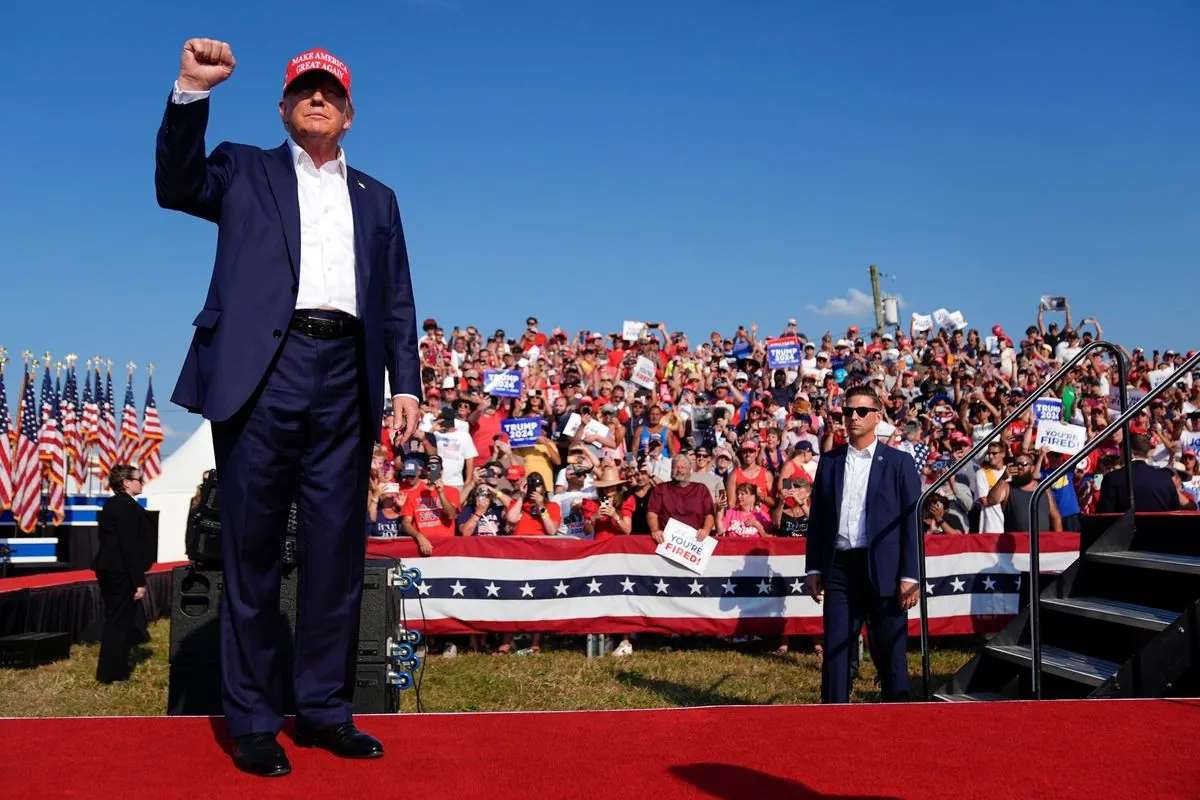The 2024 US presidential election, scheduled for November 5, 2024, has entered a critical phase with just 50 days remaining. The campaign, already marked by unprecedented events, faced another shocking development on September 15, 2024, when Donald Trump encountered what appears to be a second assassination attempt.
This incident occurred approximately nine weeks after a previous attempt in Pennsylvania, where the former president was grazed by a bullet during a rally. The recent event has further intensified the already heightened tensions surrounding the election.
Trump responded to the incident by attributing blame to President Joe Biden and Vice President Kamala Harris, citing their rhetoric as a contributing factor. In a statement to Fox News Digital, he said:
"Their rhetoric is causing me to be shot at, when I am the one who is going to save the country and they are the ones that are destroying the country — both from the inside and out."
This accusation marks a shift from Trump's initial call for unity following the first incident in July. The former president's campaign has faced numerous challenges, including a criminal trial and conviction earlier in 2024, as well as a cyberattack by Iranian actors in August.
President Biden, avoiding political commentary, expressed relief for Trump's safety and called for increased support for the Secret Service. The FBI is leading the investigation into the incident, working to determine any potential motives.
The campaign landscape has been further complicated by Biden's withdrawal from the race following a poor debate performance, with Harris stepping in as the Democratic nominee. This shift has fundamentally altered the dynamics of the election.
As the campaign continues, Harris is focusing on securing labor union endorsements, including a meeting with the 1.3 million-member International Brotherhood of Teamsters. Meanwhile, Trump is scheduled to speak about cryptocurrency and make campaign appearances in key swing states like Michigan, Pennsylvania, and Wisconsin.
The recent events have left political strategists and historians grappling with the unprecedented nature of the 2024 campaign. Douglas Brinkley, a Rice University historian, described the situation as creating "a kind of uncertainty across the land."
As early voting begins in some states, the impact of these events on the election remains uncertain. The campaign continues to unfold against a backdrop of heightened security concerns, political tensions, and an electorate navigating an increasingly complex political landscape.
